Ruminating with ROBERT KLEIN
The influential comedian on schtup-and-tell, why Jews and Blacks are funny, and saving Rodney Dangerfield's life
I met Robert Klein at a funeral. Arthur Gelb, a longtime top editor at the New York Times, had asked Robert to deliver a eulogy for him in the form of a stand-up routine and he did not disappoint. Robert was born in the Bronx and wrote a wonderful book about growing up there called “The Amorous Bus Boy of Decatur Avenue.” After Yale Drama School, he joined the cast of Second City in 1965 and early comedy albums like “Child of the ‘50s” made him an inspiration for many other comedians. In 1975, he performed HBO’s first comedy special, “On Location with Robert Klein.” The list of his movies, plays and TV roles in the years since is a long one, and he has been nominated for a Tony, two Grammys and two Emmys. At 79, he splits his time between the Hudson River Valley and New York City and says he’d trade one of his houses for a woman. (He’s divorced with a son, Allie Klein). The first time we talked for OLD GOATS, the tape didn’t work. But Robert is a mensch and sat down with me again.
JON:
I didn't get back in touch with you for a while because I was humiliated. I was like Nixon when he couldn't handle the tape and tried to get Rosemary Woods to erase it. Except in my case, it had already been erased.
ROBERT KLEIN:
My live album “Mind Over Matter” has a lot of Watergate material, including Rosemary Woods.
JON:
In your memoir, you have some really funny sex stuff, but no names.
ROBERT KLEIN:
People write schtup-and-tell books. Not me. Maybe when they are safely dead.
JON:
Publishers want schtup-and-tell?
ROBERT KLEIN:
Not like the “National Enquirer” but they want frankness about behind the scenes things. I happen to remember bad breath. My son and I have the olfactory senses of a wolf. I remember sitting in Broadway theaters and the perfume around me affected how I watched the show, usually positively. I remember positive smells and negative smells. There’s a lot of celebrity body odor and bad breath, which is basically useless to a publisher.
“I happen to remember bad breath. My son and I have the olfactory senses of a wolf.”
JON:
But sex isn’t.
ROBERT KLEIN:
In my book, I write about sex with a total right-winger and we were arguing during coitus. Today, it would have been on reality TV if I permit it.
JON:
So discretion is the better part of valor?
ROBERT KLEIN:
I had sex with a Nixon appointee, years ago. Lovely woman.
JON:
You’ve always been a comedian’s comedian. On the very last night of “The Tonight Show with Jay Leno” he and Billy Crystal were talking about how when Leno was young and poor, he only had one possession in his apartment - a poster of you. Jerry Seinfeld, Richard Lewis and Jon Stewart also revere you, as the Starz documentary showed.
JON:
People don’t know that you have serious political principles.
ROBERT KLEIN:
I tend not to root for any [sports] team from the Confederacy. That’s how strongly I feel. I was fed up 35 years ago with Confederate nostalgia. It was treason, for crissake. But as a student of history I’m embarrassed to admit that I had forgotten Fort Bragg and other major army bases are named after Confederate generals. More than 500 schools, parks, highways—and the statues. What I didn’t realize was most of this racist stuff was done long after Reconstruction— well into the 20th century.
Woodrow Wilson had been a hero in my life—I was a history and political science major——but he was backing Jim Crow and screening “Birth of a Nation” at the White House. And later I read John Dos Passos’ “Wilson’s War” and Barbara Tuchman’s “The Guns of August” [about the origins of World War One]. We had no business being in that war. And Tuchman’s book makes you want to scream at those incestuous aristocratic cousins [European monarchs] who got it going. It was an unnecessary catastrophe.
JON:
On race, people are beginning to understand what Faulkner meant when he said the past isn’t gone—it isn’t even past.
ROBERT KLEIN:
I took a trip to the South in 1959 with a couple of friends and we visited the Liggett and Myers [cigarette] plant in North Carolina. And there was what I had read about—“White Only” and “Colored Only” water fountains.
JON:
A shock for a Jewish kid from the Bronx?
ROBERT KLEIN:
Most of the children in my neighborhood were raised in what were then called “liberal households.” Roosevelt was the hero. But there was a great schism when the Rosenbergs were sentenced to death. By the way, Julius Rosenberg was guilty of spying and treason but she [Ethel] was completely innocent.
JON:
Of treason, yes, but she bravely refused to implicate her husband, whom she helped. Almost everyone now agrees that putting her to death and making those boys orphans was terrible. By the way, in 2014 I was on a fascinating panel at Boston University with the Meeropols [the Rosenberg sons] and others. My assignment was to talk about the young Roy Cohn, who was prosecuting the case, and the judge Irving Kaufman, also Jewish. A real shonda.
ROBERT KLEIN:
A real guy you can have a beer with.
JON:
When you traveled in the South, were you at all concerned about being Jewish?
ROBERT KLEIN:
Just across the Georgia border is a town called Yulee, Florida. There in the road we saw 60 or 70 people at a Ku Klux Klan rally and they had an electric bulb cross instead of a burning cross. We made a turn and came back again and were about ten feet away, and this guys sees our New York plates and says, “Y’all get out of here!”
And in Fort Lauderdale there were signs on hotels that said stuff like “restricted clientele” which was the codeword for Jews, not Blacks.
JON:
Why are Jews over-represented in comedy?
ROBERT KLEIN:
I think every culture laughs. Laughter is a natural human impulse. Even dogs can smile. But I do think it often has something to do with repression. I always thought of the Irish experience as similar to Jews. Why are the Irish so literate? Why are there so many eloquent writers from that small island? Why are Jews in comedy? Why are blacks in comedy? The slaves had their own form of humor. Concentration camp survivors had their own humor. It’s a wonderful calling — making people laugh. And it seems to be one of the most important things culturally about Jews. And—no question - Blacks. That’s one way of coping.
“I think every culture laughs. Laughter is a natural human impulse. Even dogs can smile. But I do think it often has something to do with repression”
JON:
If you’re an outsider, you’re gonna maybe have a little more humor. There are some WASP comedians, but not that many, right?
ROBERT KLEIN:
Jonathan Winters [a WASP] is one of my two all-time favorites—the other being Lenny Bruce. [Jewish]. Jonathan couldn’t be less Jewish and he was a genius. You don’t have to be Jewish to be funny.
Tucker Carlson. Hilarious. And I suspect that he isn’t Jewish. And I found out: Harvey Weinstein? Not Jewish. Bernie Madoff? Not Jewish. The pope—Jewish. Sully Sullenberger? That guy who landed the plane in the Hudson—Jewish. I knew the family in Boston. They were herring merchants.
JON:
Sully Sullenberger! Methodist from Texas.
ROBERT KLEIN:
His favorite letter of the thousands he got was from a woman in Jersey City who said she was the child of Holocaust survivors. And she told him of the old Jewish maxim: If you save one life, you save humanity. And that’s the letter he treasures most.
JON:
Rodney Dangerfield was a particular influence on you, right?
ROBERT KLEIN:
He was my Yale Drama School for stand-up comedy. An amazing individual. He had a remarkable talent—a high school graduate with incredible street sense. Born Jacob Cohen. Being around him was electric. I would travel around to gigs with him before he put together a big reputation.
His first wife convinced him to leave show business and he went into aluminum siding and before long he had a company with 50 [employees]. She was unstable, and after a couple of drinks, she’d be out cold. And they had two small children running around unsupervised and he decided he couldn’t travel. So he opened a club and he borrowed money from everyone—and the mob was right there, ready to give him money. But he kept them at arm’s length. I had only $11,000 in the bank and gave him $5,000 and got it back in a year.
Later, he married some woman who was a florist in Vegas and she kept him away from friends. The depression and complaining—he could never accept success, he could never take yes for an answer.
JON:
So even at the end of his life, when he was revered, he didn’t enjoy the respect? It was still, “I get no respect” and fiddling with his tie.
ROBERT KLEIN:
His tie is in the Smithsonian—the red tie. The only thing that gave him any pleasure was getting up in front of an audience and making them laugh. And he’d call me habitually and try out a joke: "Is this funny, man?” I could never do that. In my work, I have to do it in front of an audience. He never gave his body a break. But he was so disciplined in his work.

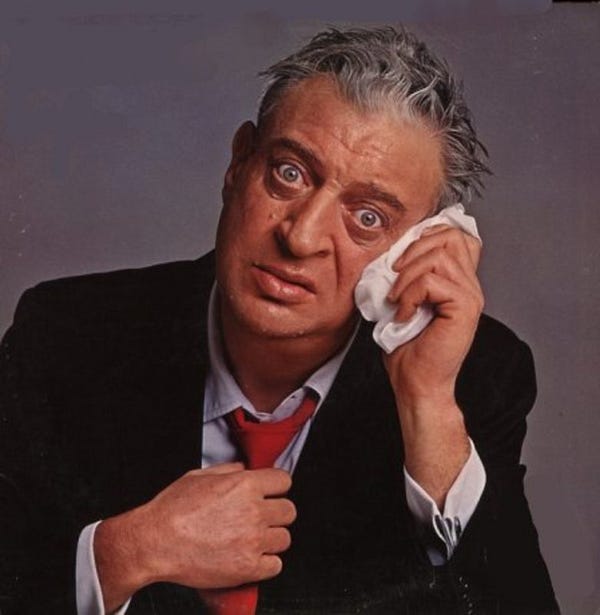
JON:
You said you once saved his life?
ROBERT KLEIN:
He had a gig on Cape Cod, in Buzzard’s Bay, which is a sailing paradise, except there was a quasi hurricane. And Rodney says “let’s take out a sailboat!” And then I said, “what do you know about sailing?” He says, “what should I know? It’s some fucking wind.” I say, “uh, it might be a little more complicated than that.” So he bribes the sailing boy from Boston, gives him twenty dollars. And the guys says, “I gotta give you a sailing lesson.” And Rodney was like an impatient spaniel, you know, when he couldn’t get what he wanted.
So the guy says, “this is the mainsail, this is the yardarm.” Rodney says “never mind that bullshit, give me the keys!” He wanted the keys to a sailboat. The kid puts us in this catamaran in a three foot chop. Its awful. In a minute we’re a thousand yards from shore - two Jews in a catamaran in a hurricane. He’s in front, bare-chested in a bathing suit, but you know he had this tic of checking his tie all the time, so he’s touching his [bare] chest, and says “There’s too much! There’s too much! I’m going to take a swim” and he dives off.
I don’t know about full sail or mainsail, I’m from the Bronx-sail. We’re not a sailing people. So what am I going to tell the New York Post when he dies and I come back alone? I thought of “An American Tragedy” by Dreiser. What am I going to tell the sheriff?
“I don’t know about full sail or mainsail, I’m from the Bronx-sail. We’re not a sailing people. So what am I going to tell the New York Post when he dies and I come back alone?”
I put the rudder all the way to one side, made a nice tight turn of six miles. When a white person is drowning, it’s like a blue color, and he comes on the catamaran and he was out of breath and he had about given up. Even drowning, he sounded like Rodney Dangerfield drowning. I saved his life, he would have drowned. He was smoking two packs of Marlboros a day, he wasn’t [Michael] Phelps. You know, he wasn’t some Olympic swimmer.
JON:
I didn’t realize til recently that you were in the very first “Cheeseburger! Cheeseburger!” skit on SNL.
ROBERT KLEIN:
When we were rehearsing it, we couldn’t keep a straight face. It was just brilliant. I would never have predicted then that Billy Murray would have such a wonderful, varied career. Belushi was just a terrific kid. Remember the bumblebee sketch? He hated it—“I don’t think it’s funny” [Belushi said]. I said, “Stick with it. Don’t worry.” They were just such a talented bunch. Gilda Radner and Madeline Kahn were two of the funniest women I ever knew—both died of ovarian cancer. The Second City kids came to see me at the O’Keefe Centre in Toronto, and that’s where I first met most of them, including Marty Short, who was so incredibly talented and alive, which is always an advantage.
I gave Lorne Michaels, the producer, the worst advice anyone could ever give. I was convinced he should not do it live. Because in that building—30 Rock—no one had done a live show since Howdy Doody in 1953.
JON:
What do you read?
ROBERT KLEIN:
I love history and biography. Just read a wonderful biography of Mozart by Jan Swofford. Loved Theodore Rex by Edmund Morris and Captain Bly's Portable Nightmare by John Toohey. I've read more in the last few years than I ever have in my life. I skim the news because it's too depressing. I watch MSNBC, CNN. I always tune into a little Fox News. It takes five seconds for the agita in my stomach when I see them. And they love that, of course. [Biden] will be in an incredibly important G-7 meeting and you turn on Fox and it’s all woke this, and transgender bathrooms and the southern border. Or this guy Ross Douthat in the Times. The guy belongs in the 19th century, by the way. He’s so worried about the birth rate in America. So let in some immigrants legally! We need workers! That’s what America’s made of.
JON:
Why do you need the aggravation, Robert? Why do you want the agita that comes with watching Fox?
ROBERT KLEIN:
I peek at what the other side is saying. I like to see if when Biden is making a speech whether they’re covering it. [Carlson] has this aura of intelligence, like he knows what he's talking about. He's influential and a danger to democracy. But I do agree with Marjorie Greene that wearing a mask is similar to the Holocaust.
JON:
This is just the culmination of something that’s been going on for a while.
ROBERT KLEIN:
Absolutely. So before he ran for president I turned my back on him [Trump] at a party. Once he said Obama wasn’t born in this country, everyone should have said, ‘“Man, that’s vile.” But they didn’t, and those were New Yorkers at the party. Liberals. Enablers. The only damn thing he ever did in his life was fix the Central Park ice skating rink work. Look, don’t get me started on this.
JON:
Ok, I won’t. Speaking of politics, you played the political consultant David Garth in “Primary Colors.”
ROBERT KLEIN:
Elaine May wrote the screenplay and was next to the camera for every shot—with Mike [Nichols, the director]. There was an unlimited budget. Lobster tails everywhere. I was never in a movie where they were so leisurely about time. We were about to shoot and Mike would say, ‘Quick story—blah, blah, blah.” So once when we were about to shoot, I say, “Quick story: Call me Ishmael.”
JON:
Thank you, Ishmael.




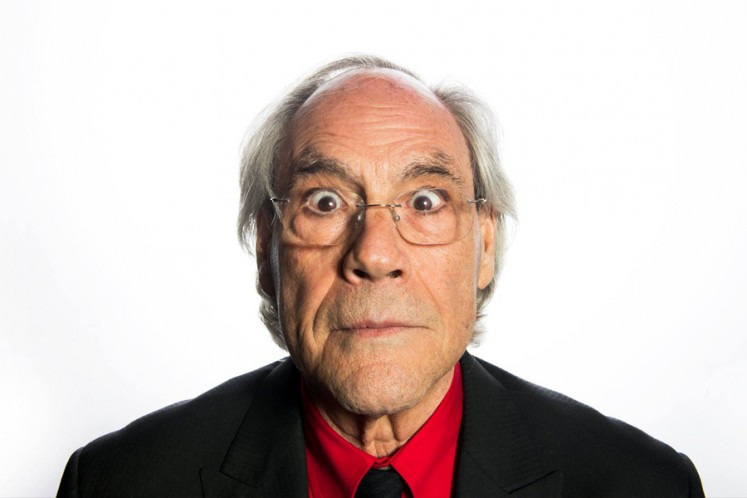
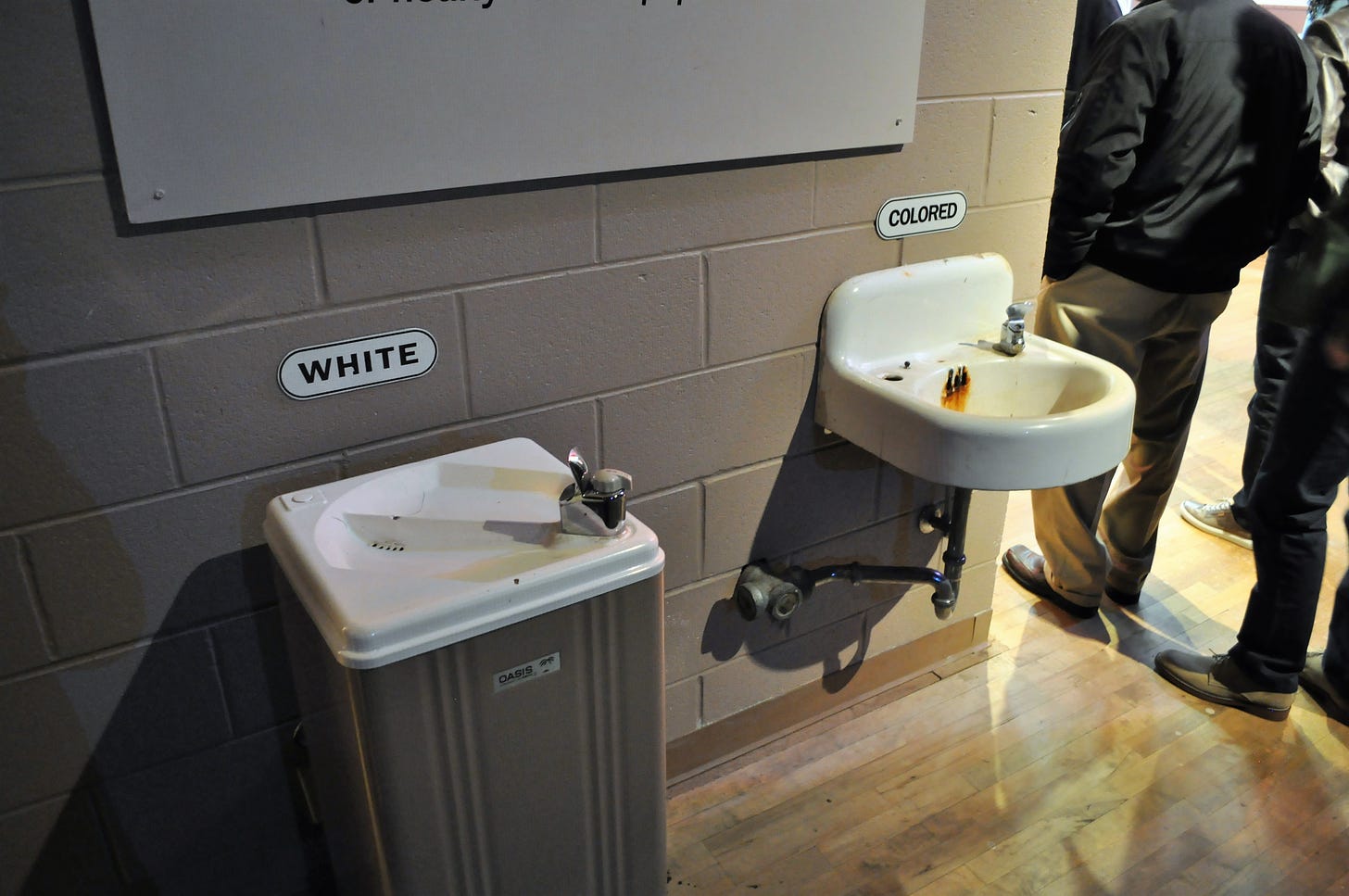
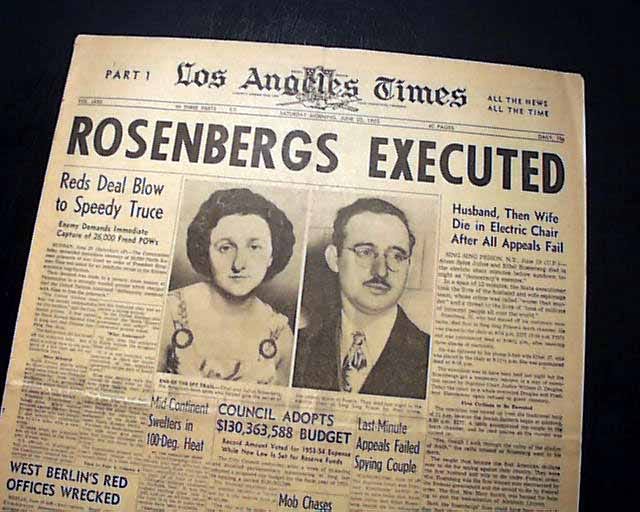
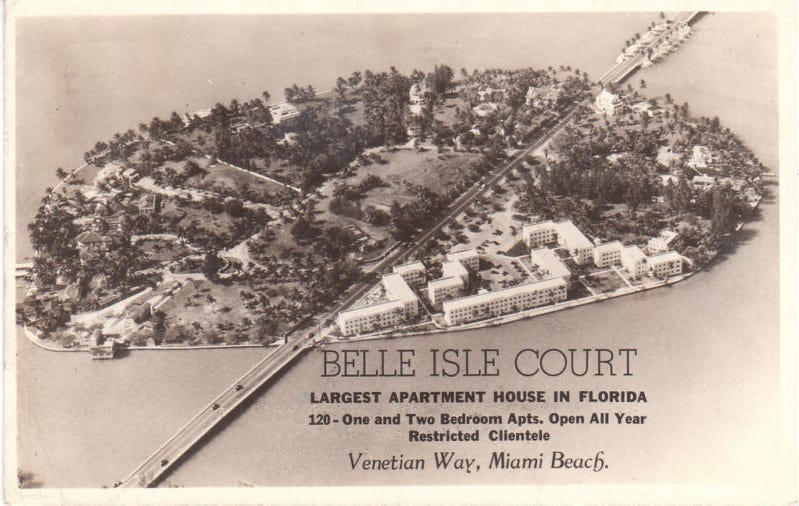
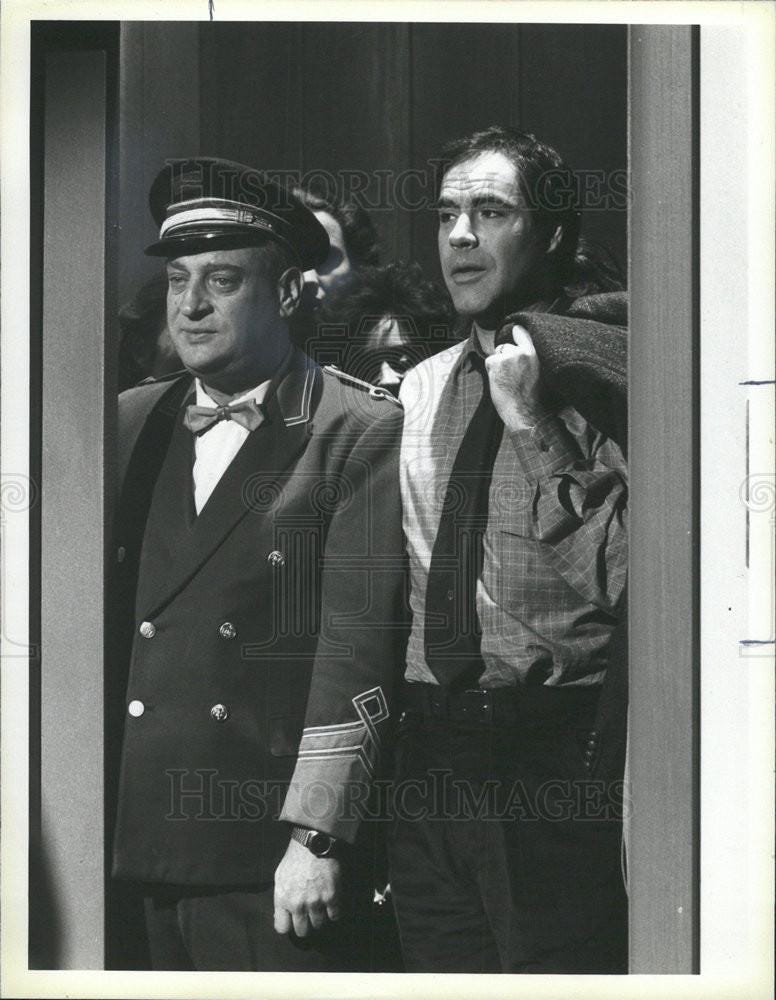

Klein is a comedic hero. Wonderful interview.
Terrific interview!